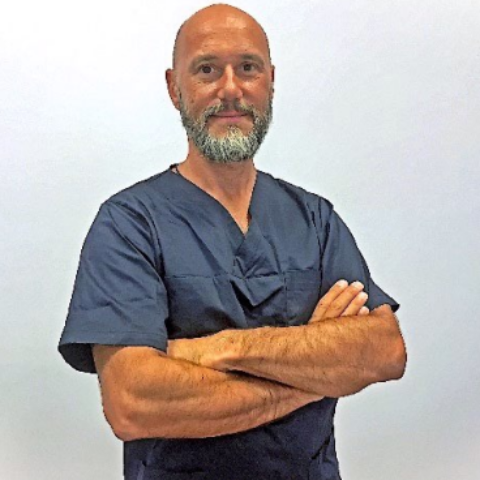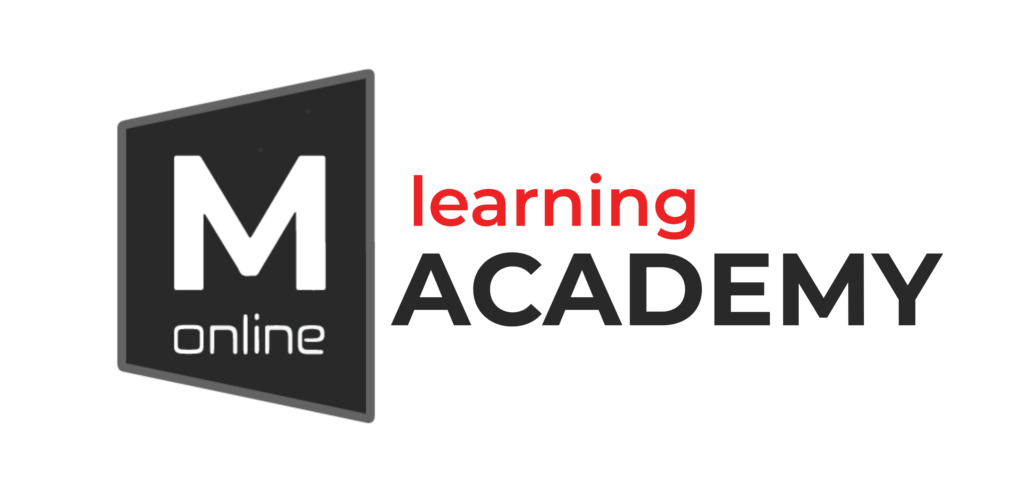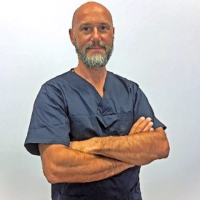The Gastrointestinal System in Osteopathy: Peritoneal System and Visceral Mobility
Introduction
Looking to enhance your knowledge and skills in osteopathic anatomy and physiology related to the gastrointestinal system? Look no further than this comprehensive and practical course, which will provide you with the tools and techniques necessary to evaluate and treat dysfunctions in the peritoneal system and visceral mobility.
Throughout the course, you will learn about the relationship between the autonomic nervous system and the musculoskeletal system, as well as the connection between the intestinal microbiota, immune system, neuroendocrine system, and central nervous system. The VDrop test and tests of the central aponeurotic axis will be presented and applied as differential diagnosis tools, enabling you to diagnose the site of dysfunction and choose the most appropriate techniques for each individual patient.
This course is designed to provide a complete approach to the gastrointestinal visceral system, enabling you to perform a comprehensive evaluation and treatment of dysfunction in the primary, somatic, visceral, cranio-sacral, and autonomic nervous systems. By the end of the course, you will have developed a clinical evaluation process that will enable you to choose the best approach for each patient, based on their unique needs and dysfunctions.
This course is ideal for professionals looking to enhance their daily practice and improve patient outcomes. Don’t miss your chance to gain new skills and knowledge in osteopathic anatomy and physiology related to the gastrointestinal system – enrol today!
Participants will learn about the evaluation and specific treatment of various organs, such as:
- The stomach: anatomy, percussion, and anatomical landmarks, evaluation and specific treatment of the peritoneal folds, evaluation, and treatment of the mobility of the gastric system
- The oesophagus: anatomy, anatomical landmarks, evaluation, and treatment of the mobility of the oesophageal lodge. Evaluation and specific treatment of hiatal hernia and GERD
- The liver: anatomy, percussion, and anatomical landmarks, evaluation and specific treatment of the peritoneal folds, evaluation, and treatment of the mobility of the hepatic lodge
- The vesicular system and the biliary tract: anatomy, anatomical landmarks, evaluation and specific treatment of the vesicular lodge and the biliary tract
- The duodenum-pancreatic system and the spleen: references to anatomy and osteopathic physiology, evaluation and treatment of peritoneal folds and visceral mobility, and specific organ drainage techniques
- The autonomic nervous system: its relationship with visceral-somatic inhibition texts and its role in the gastrointestinal system
- The small intestine: anatomy, physiology, and the importance of the microbiota in the global health of the patient. Anatomical landmarks, evaluation, and specific treatment of the peritoneal folds, evaluation, and treatment of the mobility of the small intestine
- The large intestine: anatomy, physiology, anatomical landmarks, evaluation, and specific treatment of the peritoneal folds, evaluation, and treatment of the mobility of the large intestine
At the end of the course, students will have a comprehensive understanding of osteopathic practice in the gastrointestinal field, including a clinical evaluation process that will help professionals choose the best approach to the patient.
Learning objectives
- Develop a comprehensive understanding of the anatomy and physiology of the gastrointestinal system, including the autonomic nervous system, its relationship with the musculoskeletal system, and the connection between the intestinal microbiota, immune system, neuroendocrine system, and central nervous system.
- Learn how to perform a comprehensive evaluation of dysfunctions in the peritoneal system and visceral mobility using differential diagnosis tools such as the VDrop test and tests of the central aponeurotic axis.
- Gain practical skills in evaluating and treating dysfunctions in various organs of the gastrointestinal system, including the stomach, oesophagus, liver, vesicular system, biliary tract, duodenum-pancreatic system, spleen, small intestine, and large intestine.
- Develop a clinical evaluation process that will enable professionals to choose the best approach for each patient based on their unique needs and dysfunctions.
- Obtain a comprehensive understanding of osteopathic practice in the gastrointestinal field, including specific techniques for organ drainage and visceral-somatic inhibition tests, and be able to apply this knowledge in your daily practice.
Roberto Pagliaro is a highly skilled osteopath and expert in the fields of physiotherapy, neuroscience, and psychoneuroendocrinoimmunology. With over 30 years of clinical experience, Roberto is an expert in his field, having trained with leading experts in France, the UK, and the US.
Roberto’s approach to osteopathy is unique, combining the latest insights from neuroscience and psychoneuroendocrinoimmunology to create a holistic approach to healing. He has developed his own techniques, which he teaches at postgraduate courses and universities across Europe and is a sought-after conference speaker and lecturer.
Apart from a DO in osteopathy, Roberto’s qualifications include a Doctorate in Physiotherapy, a master’s degree in meditation and neuroscience, and certification in multiple brain integration techniques and coaching. He is also a member of the Register of Osteopaths of Italy (ROI), the HeartMath Institute, and the Italian Society of Psychoneuroendocrinoimmunology.
As the CEO and scientific director of the Osteopathic College of Trieste from 2011-2022, Roberto is committed to advancing the field of osteopathy and helping patients achieve optimal health and wellness. Don’t miss your chance to learn from one of the leading experts in the field – enrol in one of Roberto’s courses today!
Roberto Pagliaro

Osteopaths and Osteopathy Students
Certificate of continuous professional development (CPD) issued by Medi-Cine Online Learning Academy
25
21 h
3 days - 1 Module



